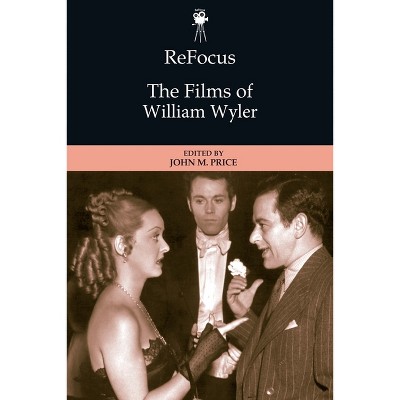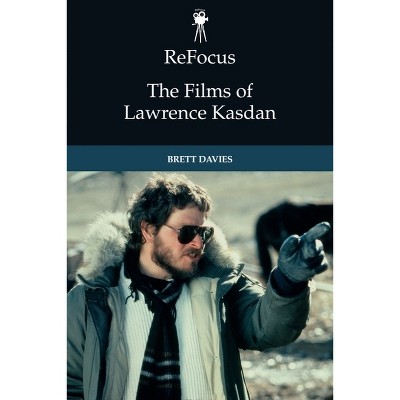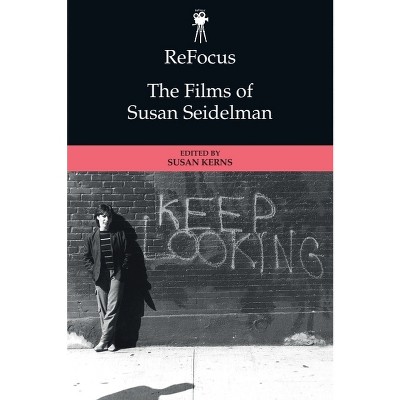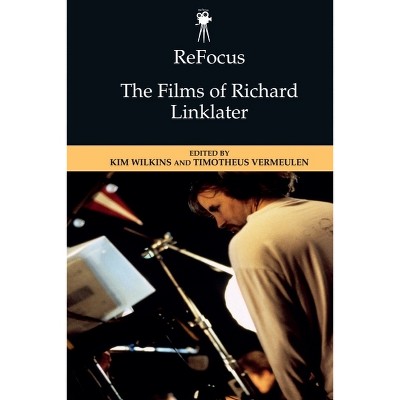Refocus: The Literary Films of Richard Brooks - (Refocus: The American Directors) by R Barton Palmer & Homer B Pettey (Paperback)

About this item
Highlights
- ReFocus: The Literary Films of Richard Brooks highlights the accomplishments of one of postwar America's most important and successful directors, with an emphasis on the "literary" aspects of his career, including his work as a screenwriter and adaptor of such modern classics as Cat on a Hot Tin Roof, Lord Jim, and The Brothers Karamazov.
- Author(s): R Barton Palmer & Homer B Pettey
- 304 Pages
- Performing Arts, Individual Director
- Series Name: Refocus: The American Directors
Description
About the Book
The first critical work to emphasize Richard Brook's "literariness"
Book Synopsis
ReFocus: The Literary Films of Richard Brooks highlights the accomplishments of one of postwar America's most important and successful directors, with an emphasis on the "literary" aspects of his career, including his work as a screenwriter and adaptor of such modern classics as Cat on a Hot Tin Roof, Lord Jim, and The Brothers Karamazov.
Review Quotes
In this edited collection, scholars working in film and cultural studies give Brooks his critical due as a filmmaker of literary fiction. The essays contain a panoply of perspectives that engage and otherwise challenge, in the words of the series's mission, "American culture--its myths, values, and historical precepts."--Tiffany Gilbert "Tennessee Williams Annual Review"
A comprehensive and telling treatment of an often overlooked director, ReFocus: The Literary Films of Richard Brooks includes incisive and elegantly written essays from major film scholars that appreciate a genial director and his oeuvre.
--Tom Conley, Harvard UniversityIn this volume, the rich and varied career of 'literary director' Richard Brooks finally receives its well-deserved re-evaluation. The fine set of essays commissioned by Palmer and Pettey describes Brooks as a writer-filmmaker equally committed to the respectful adaptation of literary fiction as he was to a socially concerned cinema.
--Constantine Verevis, Monash UniversityShipping details
Return details
Trending Non-Fiction











